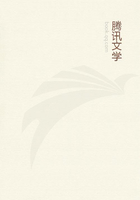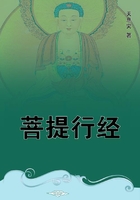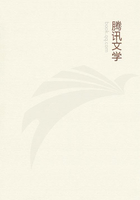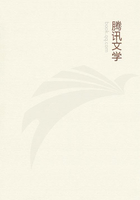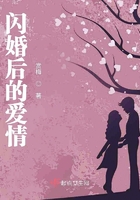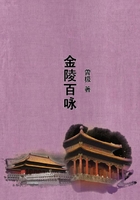It is perfectly certain that all diseases without exception are preventable, or, if not so, that they can be so weakened as to do no harm. It is perfectly certain that all accidents are preventable; there is not one that does not arise from folly or negligence. All accidents are crimes. It is perfectly certain that all human beings are capable of physical happiness. It is absolutely incontrovertible that the ideal shape of the human being is attainable to the exclusion of deformities. It is incontrovertible that there is no necessity for any man to die but of old aoe, and that if death cannot be prevented life can be prolonged far beyond the farthest now known. It is incontrovertible that at the present time no one ever dies of old age. Not one single person ever dies of old age, or of natural causes, for there is no such thing as a natural cause of death. They die of disease or weakness which is the result of disease either in themselves or in their ancestors. No such thing as old age is known to us. We do not even know what old age would be like, because no one ever lives to it.
Our bodies are full of unsuspected flaws, handed down it may be for thousands of years, and it is of these that we die, and not of natural decay. Till these are eliminated, or as nearly eliminated as possible, we shall never even know what true old age is like, nor what the true natural limit of human life is.
The utmost limit now appears to be about one hundred and five years, but as each person who has got so far has died of weaknesses inherited through thousands of years, it is impossible to say to what number of years he would have reached in a natural state. It seems more than possible that true old age--the slow and natural decay of the body apart from inherited flaw--would be free from very many, if not all, of the petty miseries which now render extreme age a doubtful blessing. If the limbs grew weaker they would not totter; if the teeth dropped it would not be till the last; if the eyes were less strong they would not be quite dim; nor would the mind lose its memory.
But now we see eyes become dim and artifical aid needed in comparative youth, and teeth drop out in mere childhood.
Many men and women lose teeth before they are twenty. This simple fact is evidence enough of inherited weakness or flaw. How could a person who had lost teeth before twenty be ever said to die of old age, though he died at a hundred and ten? Death is not a supernatural event; it is an event of the most materialistic character, and may certainly be postponed, by the united efforts of the human race, to a period far more distant from the date of birth than has been the case during the historic period. The question has often been debated in my mind whether death is or is not wholly preventable; whether, if the entire human race were united in their efforts to eliminate causes of decay, death might not also be altogether eliminated.
If we consider ourselves by the analogy of animals, trees, and other living creatures, the reply is that, however postponed, in long process of time the tissues must wither. Suppose an ideal man, free from inherited flaw, then though his age might be prolonged to several centuries, in the end the natural body must wear out. That is true so far. But it so happens that the analogy is not just, and therefore the conclusions it points to are not tenable.
Man is altogether different from every other animal, every other living creature known. He is different in body. In his purely natural state--in his true natural state--he is immeasurably stronger. No animal approaches to the physical perfection of which a man is capable. He can weary the strongest horse, he can outrun the swiftest stag, he can bear extremes of heat and cold hunger and thirst, which would exterminate every known living thing.

